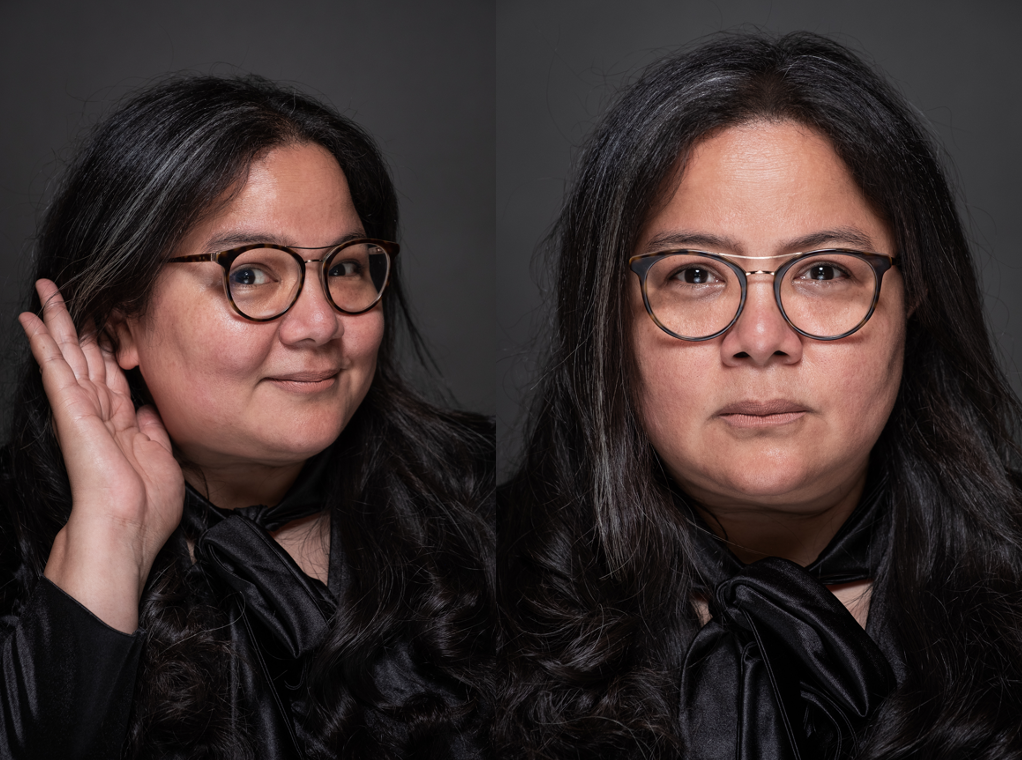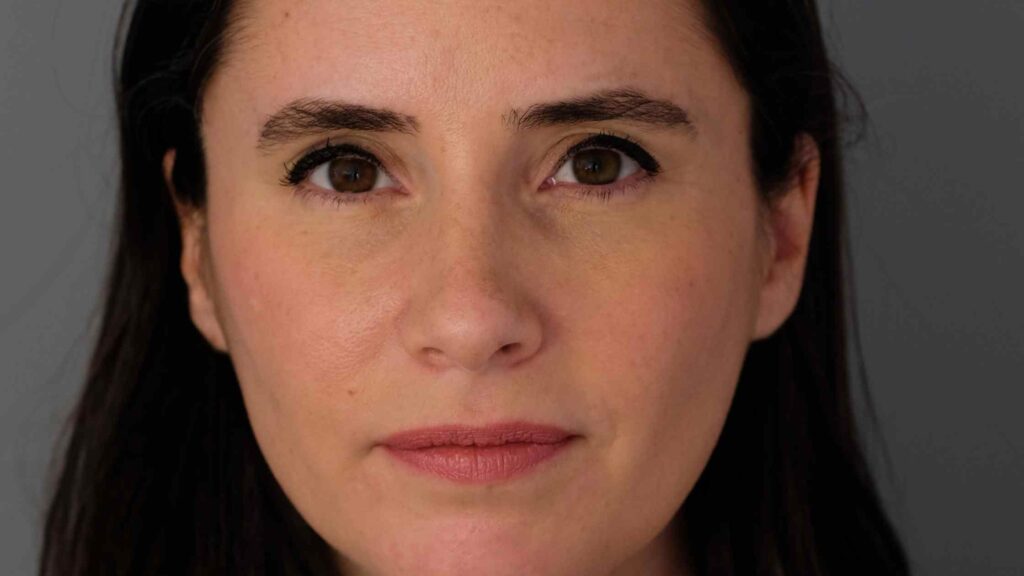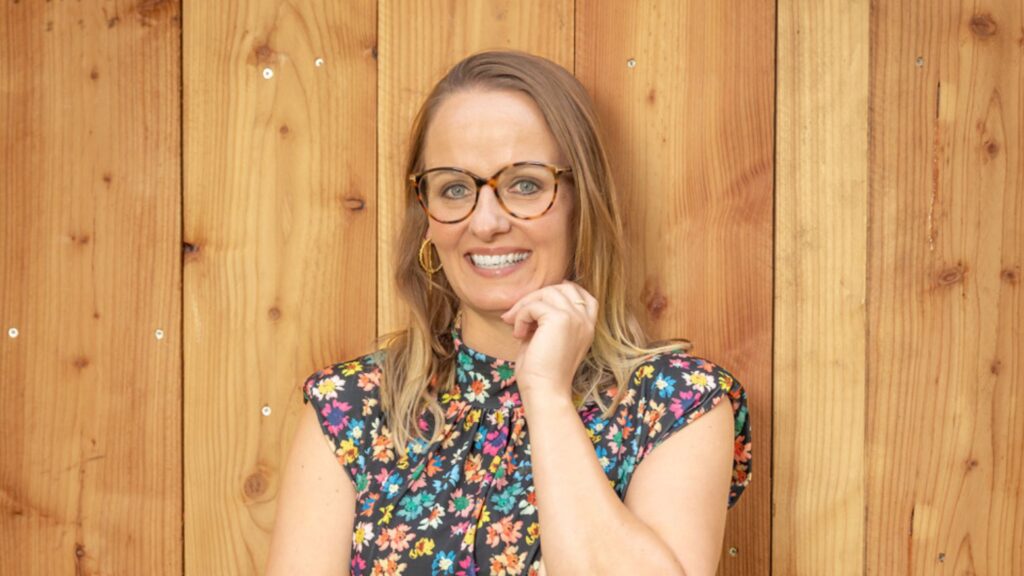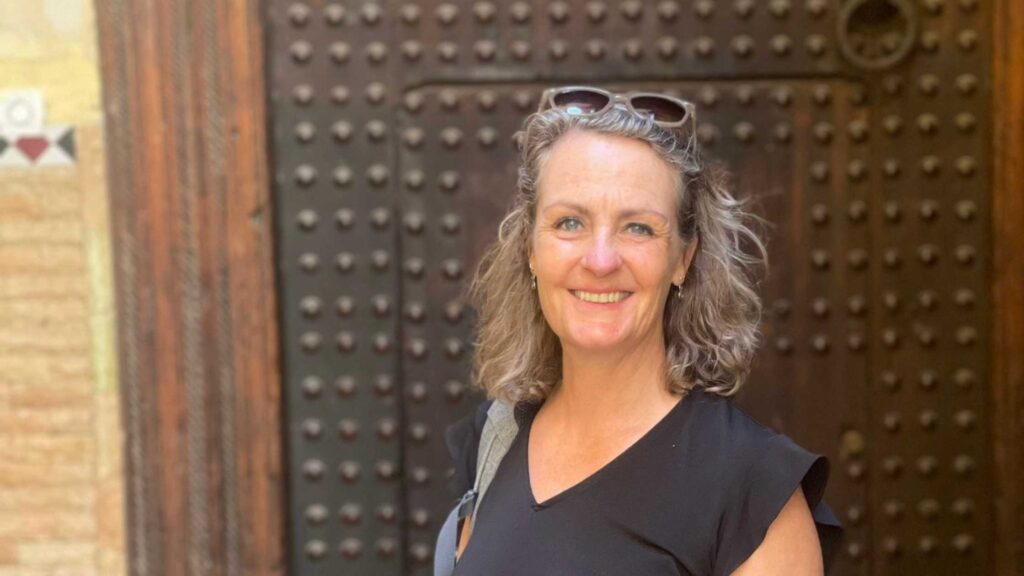The negotiation paradox

Studies show: women are better at negotiating. So why do we do it so little? Wies Bratby started Women in Negotiation (WIN) to teach women the ropes of negotiation – working toward an equal world. “I started WIN for my daughters.
Wies lives and works in a house full of history. ‘This used to be a girls’ school, for girls from wealthy families who had come to green Bussum from Amsterdam. The room where we sit now belonged to the principal. You can make it as symbolic as you want, but for me this house is proof that with money you can shape your life the way you want.’ In the backyard, the old shed – once a flood shelter – has been converted into an office. It takes you nine steps to get there from the back door. “My husband Ben sometimes has to force me off the property.

“My good sides I celebrate”
Wies works with her husband – “he does operations and finances, I’m a dragon at that” – and her sister, Sannie. I meet her in the office, where dog Charles Bratby – with last name, yes – is also scurrying around. Sannie makes tea for me and asks if I had a good trip. Wies is already at the doorway. Whether we will sit in the living room? Wies: “That is exactly the difference between Sannie and me. Sannie is caring, wants above all to please the other person. In that sense she is very much like my mother, who was a social worker. I have less of that caring in me, but I don’t mind that. For some inexplicable reason I have known since I was young: this is what I am good at and this is what I am bad at. I celebrate my good sides, for my bad sides I look for solutions. In the form of Sannie, for example, who handles client relations for WIN and manages my schedule – and thus my life.’
“Go work somewhere where you are celebrated.”
The calmness and self-assurance Wies exudes seems natural. For the most part, that’s true, but during the start of her career, when she started at law firm De Brauw, she was anything but in place. ‘I had had a violent accident at the beginning of my studies, in which my memory was affected. I really didn’t remember anything, while at De Brauw I walked among all the academics. The fact that I was good at enthusing and convincing people was not important there.’ After five years, Wies left De Brauw with a severe burnout. ‘I was constantly fighting myself into a place where I didn’t belong. That takes energy, energy you can use much better to do your job well. For real, go work somewhere where you are celebrated.’
With Wies, Dutch full sentences alternate with English one-liners. Her gaze always turned to the outside world. At 16, she traveled to visit her then-boyfriend, who lived in Jordan – “that my parents let me go, I still don’t understand” – and before starting WIN, she worked as an HR director at a large company in Hong Kong, and later in Zurich. ‘I had one of the highest positions in the company, but was given a salary proposal that even the dogs didn’t like. I then sent an extensive, angry letter, because that’s what you do when you’re trained as a lawyer. You fight. The money was always there, with Wies, from the moment she began her career. ‘But money was dirty at home. It’s nice to want to have a career, but did you have to work in such a big office for so much money? We also had little to earn; if the washing machine broke down, we had a problem.’
‘What I see, and what studies also show, is that as a woman you constantly have to prove yourself. Work hard, preferably twice as much as your male colleagues, to show: I’m entitled to this salary as much as Bob is.’
Some of the women Wies works with are among the top corporate executives. Do they need help negotiating? ‘What I see, and what studies also show, is that as a woman you constantly have to prove yourself. Working extremely hard, preferably twice as much as your male colleagues, to show: I’m entitled to this salary as much as Bob.’ You could call it a “negotiating paradox”: the better you negotiate your salary, the less hard you have to work to show that you deserve that salary. ‘Think of a Chanel dress. You handle that differently than a twenty-euro item, don’t you? After one of my clients negotiated her salary, she was welcomed by her colleagues like a queen. Because if someone earns that much, well, they must be a very good one.’
“I started my business for my daughters.”
Our conversation is interrupted by the doorbell ringing, followed by Charles’ barking. ‘That’s probably something for my daughters again. That oldest of mine is better at negotiating than I am. She irons for me sometimes, for a fee, and then she negotiates until she has the last word.’ Charles comes back into the room and decides to sit next to me. The fireplace crackles. Wies talks easily, even after more than an hour, but when it comes to her daughters, she softens. ‘I started WIN for my daughters. So that they grow up in a world that is not made for and by men. In which they earn as much and even more, because women work very hard.’ But until then, it’s knowing how to manage yourself in a man’s world, Wies also knows. ‘You could say I possess more masculine characteristics than the average woman. I don’t mince words and I don’t shy away from discussions. But that doesn’t mean I behave the way those guys like to see. I teach my clients to use their feminine traits. Especially during a negotiation, it works to your advantage if you have an eye for the other person and are communicatively strong. She leans back in the armchair and looks at Charles, who by now has fallen asleep. ‘Everything falls into place when you can be yourself.’
‘Everything falls into place when you can be yourself.’





